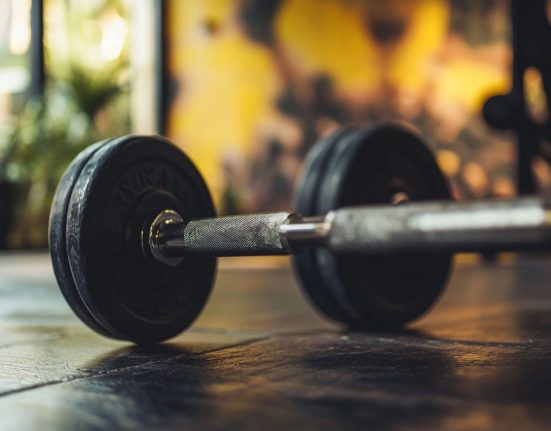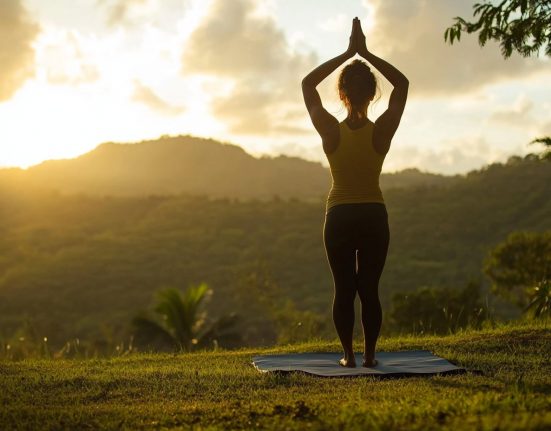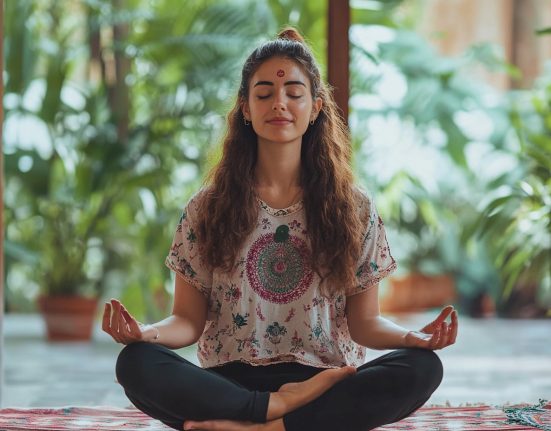Teens are busy. Their schedules are filled with school, work, extracurricular activities, homework and social time with friends. They may not have much available leisure time, and what leisure time they have often is spent on screens.
On average, teens use screens about nine hours per day. This may have increased during the COVID-19 pandemic, leading to teens being increasingly sedentary.
Regular exercise is important for teens, but it can be a challenge to get them moving.
Here’s what parents need to know about teens and exercise:
How does exercise help teens?
There are many benefits of regular exercise that aren’t limited just to teens. It improves the physical and mental health of people of all ages and abilities. For teens, exercise builds endurance, bone and muscle strength, and aerobic fitness. It helps maintain a healthy weight and improves sleep. These factors are critical as teens grow and develop during their formative years.
Exercise helps teens’ mental health, as well. It releases stress-busting endorphins and lowers the body’s production of stress hormones. It improves thinking and memory skills, which help in school and social situations. Exercise also reduces the risk of depression, and helps teens feel more energetic and have a positive outlook on life.
One of the biggest benefits of regular exercise for teens is that it establishes a healthy habit that sets the foundation for a lifetime of fitness. Research shows that active children and teens become healthy, active adults.
My patients motivated me to become more active. I was not a physically active teenager or adult. Watching my inactive patients struggle as they aged convinced me that I needed to do better. While I still don’t love exercise, I now regularly run. It would’ve been so much easier if I had started 30 years ago. And I feel much better.
How much exercise do teens need?
The Department of Health and Human Services recommends that children and teens 6 and older get at least an hour a day of exercise five to six days per week.
If your teen participates in a sport, they probably get enough exercise each day. But if they are in the offseason or don’t usually participate in sports, you may need to help them find some exercise or activity to do each week.
What types of exercise do teens need?
As part of their hour per day of exercise, the Department of Health and Human Services recommends that children and teens incorporate these types of activities at least three days per week:
- Aerobic
Examples include running, biking, swimming, dancing, aerobics class, using an elliptical trainer and walking. - Muscle-strengthening
Examples include lifting weights; using resistance bands; climbing stairs; dancing; biking; and doing pushups, squats and situps. - Bone-strengthening
Examples include jumping rope and running, as well as sports that involve jumping or rapid changes in direction.
How can I motivate my teen to exercise?
Motivating teens can be a challenge, but it’s possible.
Here are some tips if your teen appears to be interested in sitting more and exercising less:
- Model healthy exercise behaviors.
You are the role model for your teens. They are more likely to be physically active if you make it a family priority. Talk about how great you feel after exercise, plan active vacations, schedule evening walks as a family, or go to the gym or work out together at home. - Find the fun.
Exercise doesn’t need to be boring. Work together to find exercises that your teen finds fun and interesting. Try a new sport. Play music and have a dance party in the kitchen. Explore a nature trail or bike to a local park. Try a new exercise video online. Focusing on fun will make exercise something they look forward to instead of dread. - Incorporate movement into daily routine.
Don’t forget that every bit counts. Encourage your teen to take a walk with friends during lunch, use the stairs instead of elevator or park the car at the back of the lot. These are ways that you can model healthy habits, as well. - Make it social.
Exercising with others keeps us motivated and inspired and teens are no exception. Encourage them to join a team with friends or schedule a regular pickup basketball game with the neighbors. - Cheer them on.
Notice and compliment teens when they exercise. Everyone likes to hear they are doing a good job, even teens who roll their eyes. Applaud them for their results, and remind them that slow and steady progress is a good way to sustain healthy habits. - Tie exercise to other interests.
Not every teen wants to join a sports team, but movement can be incorporated into other activities. If your teen enjoys photography, explore hiking trails or parks for opportunities. Teens who love to read may be interested in biking to multiple bookstores or animal-loving teens could volunteer as a dog walker at a local humane association.








